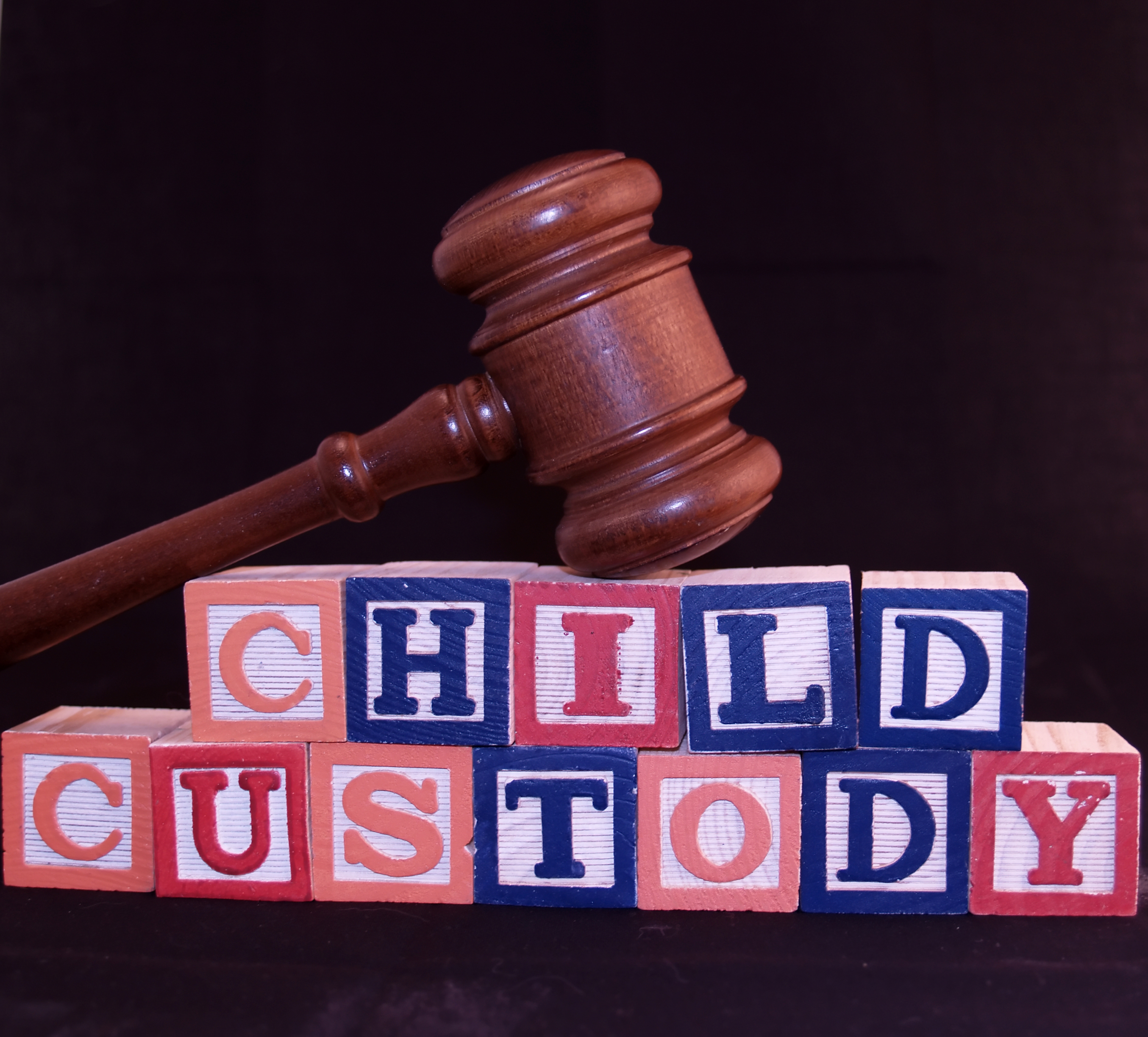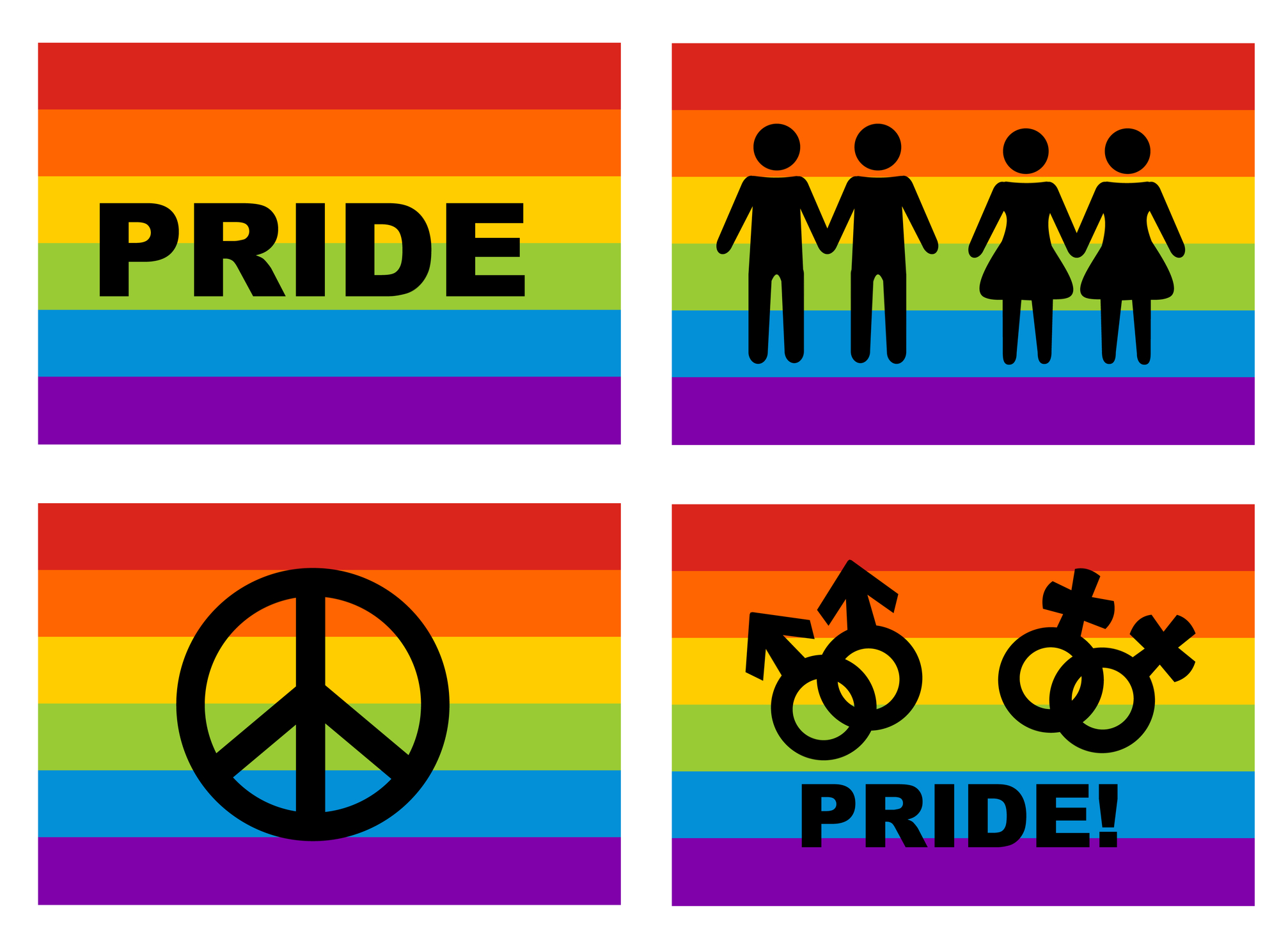![]()
Table of Contents
Quick Summary
Actress Katrina Law (NCIS) just filed for divorce, asking for primary physical custody of her daughter and waiving spousal support. It’s headline material for Hollywood gossip columns — but the same issues she’s raising are the ones New Yorkers face every day in Family Court and Supreme Court. In New York, custody is decided on the best interests of the child, spousal support (maintenance) can only be waived formally, and divorce filings are public unless you choose mediation or settlement to keep things private.
Katrina Law Filed For Divorce – Why Should You Care?
So, NCIS actress Katrina Law just filed for divorce. She’s asking for primary physical custody of her daughter and both sides agreed to waive spousal support. The tabloids love the celebrity drama. But let’s be honest — if you’re in Nassau County or Queens, you don’t care about Hollywood gossip. What you care about is what this means for your divorce or custody case.
And here’s the truth: the same issues Katrina raised — custody, support, and how much of your life ends up public — are the same ones we deal with in New York courts every day.
Custody in New York: More Than “Who Files First”
When Katrina Law asked for “primary custody,” she was talking about physical custody — where the child lives most of the time. In New York, custody breaks down into two parts:
- Physical custody: Who the child lives with.
- Legal custody: Who makes the big decisions (school, medical care, religion).
In our courts, the judge doesn’t flip a coin or automatically reward the parent who files first. Instead, New York uses the “best interests of the child” test. Translation: the judge wants to know who’s been doing the parenting heavy lifting, who has the stable home environment, and whether either parent has red flags like anger issues or an impossible work schedule.
Spousal Support Waivers: Not So Fast in New York
Katrina and her husband both waived spousal support. Simple enough in California. In New York? Not so much.
Here, spousal support is called maintenance, and we have a statutory formula that calculates temporary awards. Longer-term maintenance gets decided by looking at income, the length of the marriage, and sacrifices one spouse made to help the other’s career.
Yes, you can waive support in New York — but it has to be in a formal, notarized agreement or written into a court order. Judges don’t like napkin deals or lopsided waivers. If one spouse clearly got steamrolled into signing, the court may toss it.
Privacy: Celebrities vs. Regular People
Katrina Law has her divorce splashed across Page Six. You won’t — but don’t think your case is invisible. Divorce filings in New York are public records.
Now, that doesn’t mean that all your personal information is on display. Divorce and Family Court records are sealed from the general public. But, people can go online to ELaw, WebSupreme and even NYSCEF to see that a divorce was filed. They can see the title of the documents filed, but not the contents of the documents. But, I feel I should warn you that hackers know that court files are treasure trove of personal information. Courts have been hacked.
If you settle without having to go to court, then your critical personal and financial information may never be filed there.
Bottom Line
Katrina Law’s divorce may be Hollywood news, but it’s built on the same legal foundations you’ll face in Nassau County Family Court or Supreme Court. Custody, support, and privacy — three issues that make or break every divorce case.
So the lesson? Don’t get caught up in celebrity headlines. In New York, the details — the parenting history, the income numbers, the paperwork — decide outcomes.
If you’re looking for a divorce lawyer in Nassau County, Lynbrook, Malverne, Lynbrook, Oceanside, Rockeville Center, Franklin Square, East Rockaway, the Five Towns, Garden City, West Hempstead, or Baldwin, get advice that applies to your case, not a tabloid story.
Call Port and Sava for a free 15 Minute Telephone Consultation -(516) 352-2999.
FAQ: New York Divorce and Custody
Q: Can I get “primary custody” in New York?
Yes — but the judge doesn’t hand it out based on who files first. Custody is decided by what’s in the best interests of the child, not who makes the first move.
Q: Can I waive spousal support in a New York divorce?
Yes, but it has to be done formally, through a notarized agreement or court order. Informal deals — even if both spouses agree — can be rejected by the court.
Q: Are divorce filings public in New York?
Yes. Divorce cases are partially public records, and while sealed are still part of the computer records system. If you want more privacy, consider mediation or collaborative divorce.
Q: What’s the difference between physical and legal custody?
- Physical custody = where the child lives.
- Legal custody = who makes decisions about health, education, and religion.
Q: Do New York judges care about celebrity cases?
No. Judges care about your facts — parenting history, income, and stability. Not headlines.



![Do I Have to Pay Child Support if I’m Not the Biological Father? The 3 Critical Facts [2025 Legal Guide] Metaphorical picture of the child support obligation when a perosn is not the biological father.](https://nydivorcefacts.com/wp-content/uploads/2025/08/Estoppel.png)

![The Critical Factors On How Domestic Violence Affects Child Custody and Visitation Rights in NY [2025 Guide] Domestic violence affects Child Custody](https://nydivorcefacts.com/wp-content/uploads/2025/03/a3295ac6-eaea-4c38-901c-4d8562f852e5-218x150.png)













